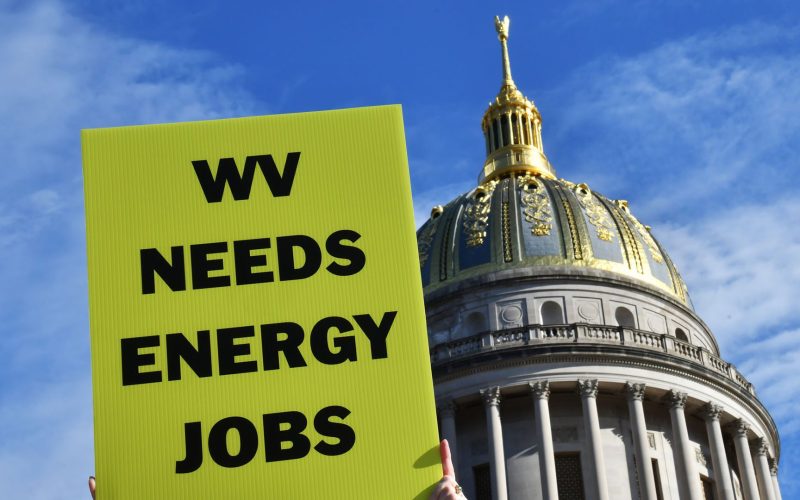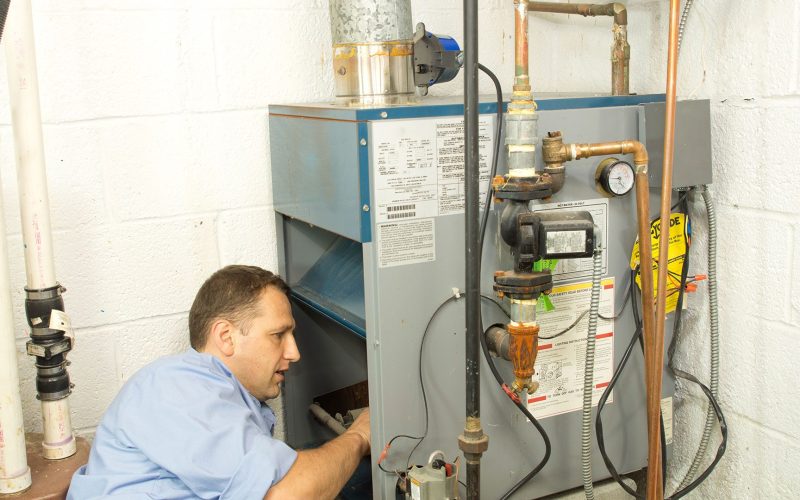THE VOICE FOR THE ENERGY CONSUMER

Looking at the importance of bipartisanship, CEA’s Emily Haggstrom talks about how New Mexico’s regulatory climate has lowered costs for families while encouraging businesses and energy producers to stay. There’s.

Orlando, Fla. — Thanks to increased production and safer, state-of-the-art technologies – which together have decreased the price of natural gas – Florida’s families and businesses saved more than $8.

With one of the largest budget surpluses in New Mexico’s history as a result of bipartisan energy policies, CEA’s Emily Haggstrom talks about the importance of working across the aisle.

Smart energy policies have enabled small businesses and manufacturers across Louisiana to operate more cost-effectively and have contributed to increased disposable income for families according to CEA’s Kaitlin Schmidtke. To.

CEA’s Tim Page talks about the importance of developing our energy infrastructure to safely provide the energy our families and farmers need everyday. Energy production and infrastructure would bring welcome.

CEA President David Holt discusses the importance of affordable energy to those living below the poverty line and on fixed incomes and why it is a false choice to say.

This week, the Michigan Senate took action to ensure the continued protection of the Great Lakes by modernizing critical pipeline infrastructure that supplies the energy needs of Michiganders daily. Republican.

CEA’s Midwest Executive Director, Chris Ventura, looks back at the year West Virginia saw some of the fastest economic growth in the country – thanks in part to increased energy.

CEA’s Tim Page examines how pipelines in North Carolina help attract new employers, bring in new jobs, and help fund critical public services. What’s more, local development would reduce operating.

As more homes and businesses are utilizing natural gas, additional infrastructure is necessary to ensure the affordable and reliable deliver of the energy we need everyday. A major operator of.